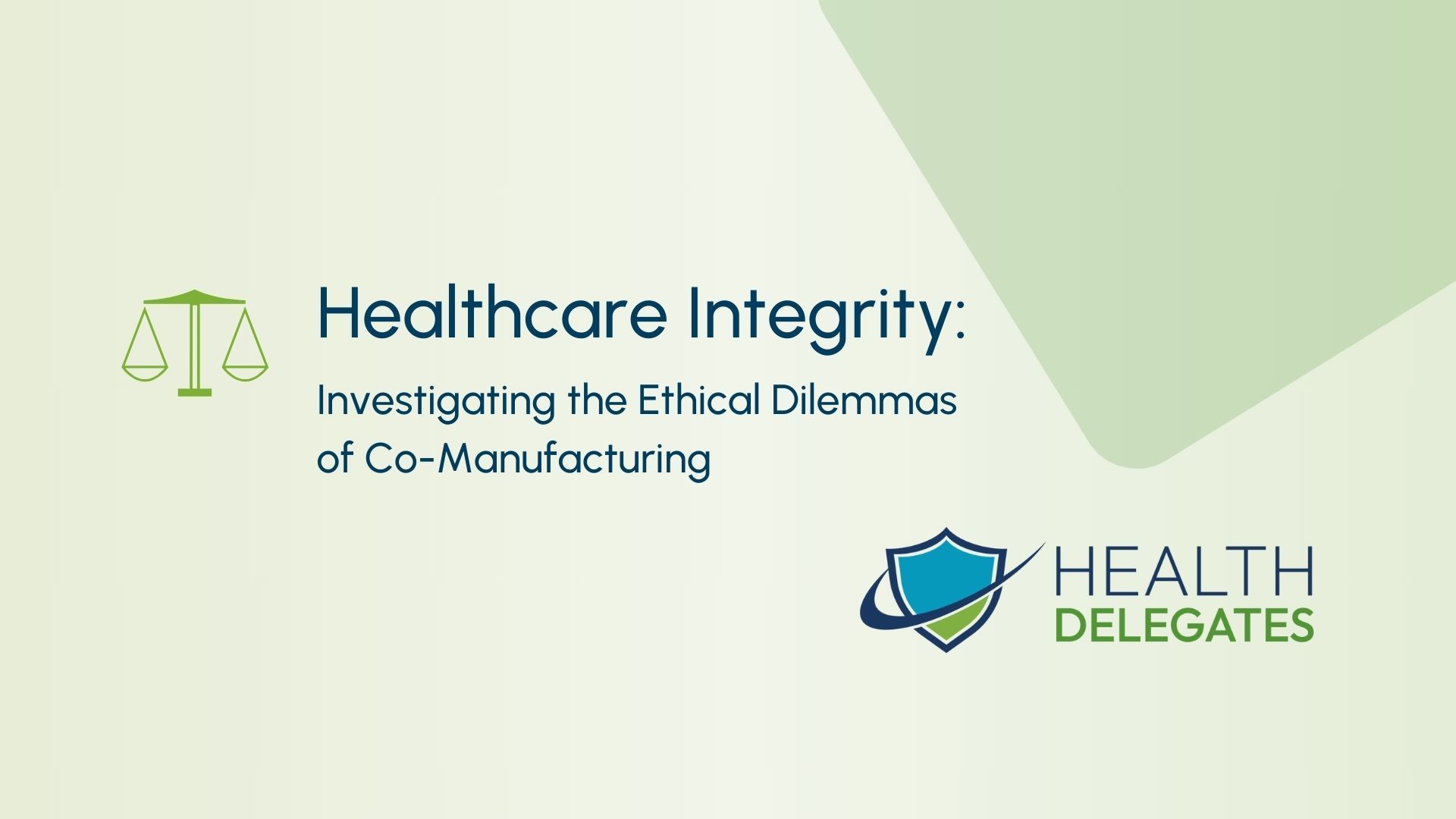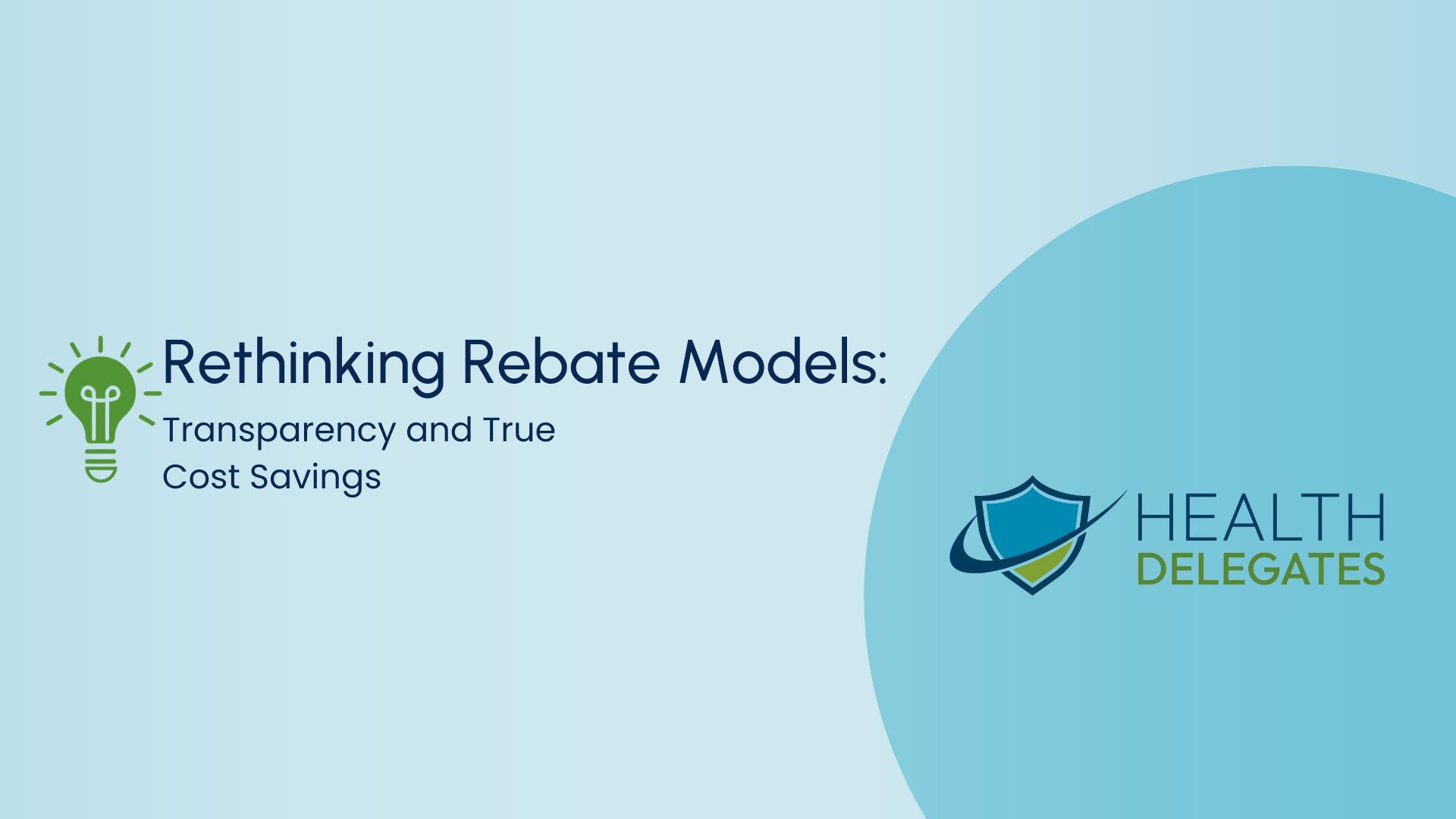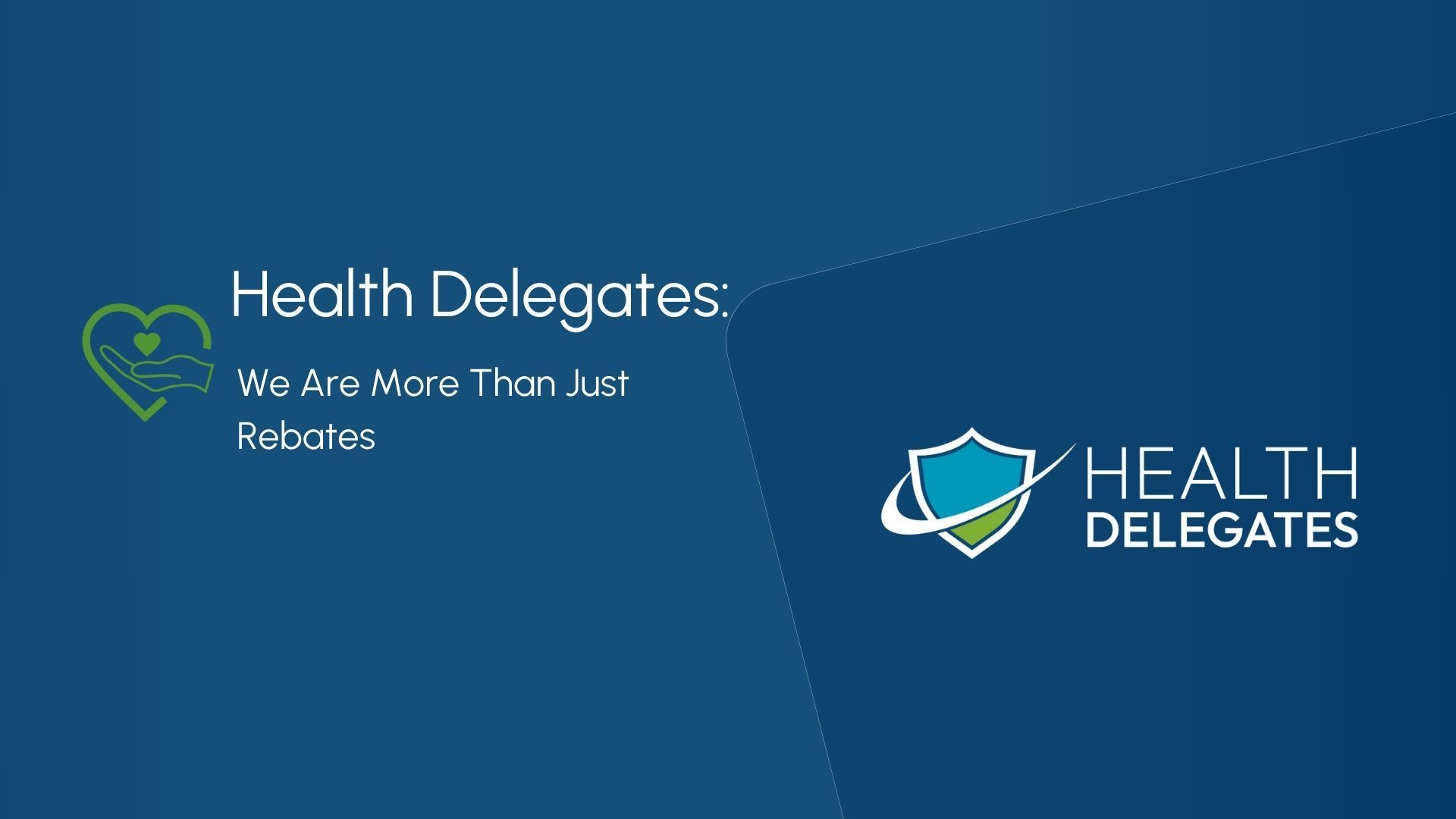Breaking Down the ADHD Drug Shortage: A Healthcare Emergency Unfolds
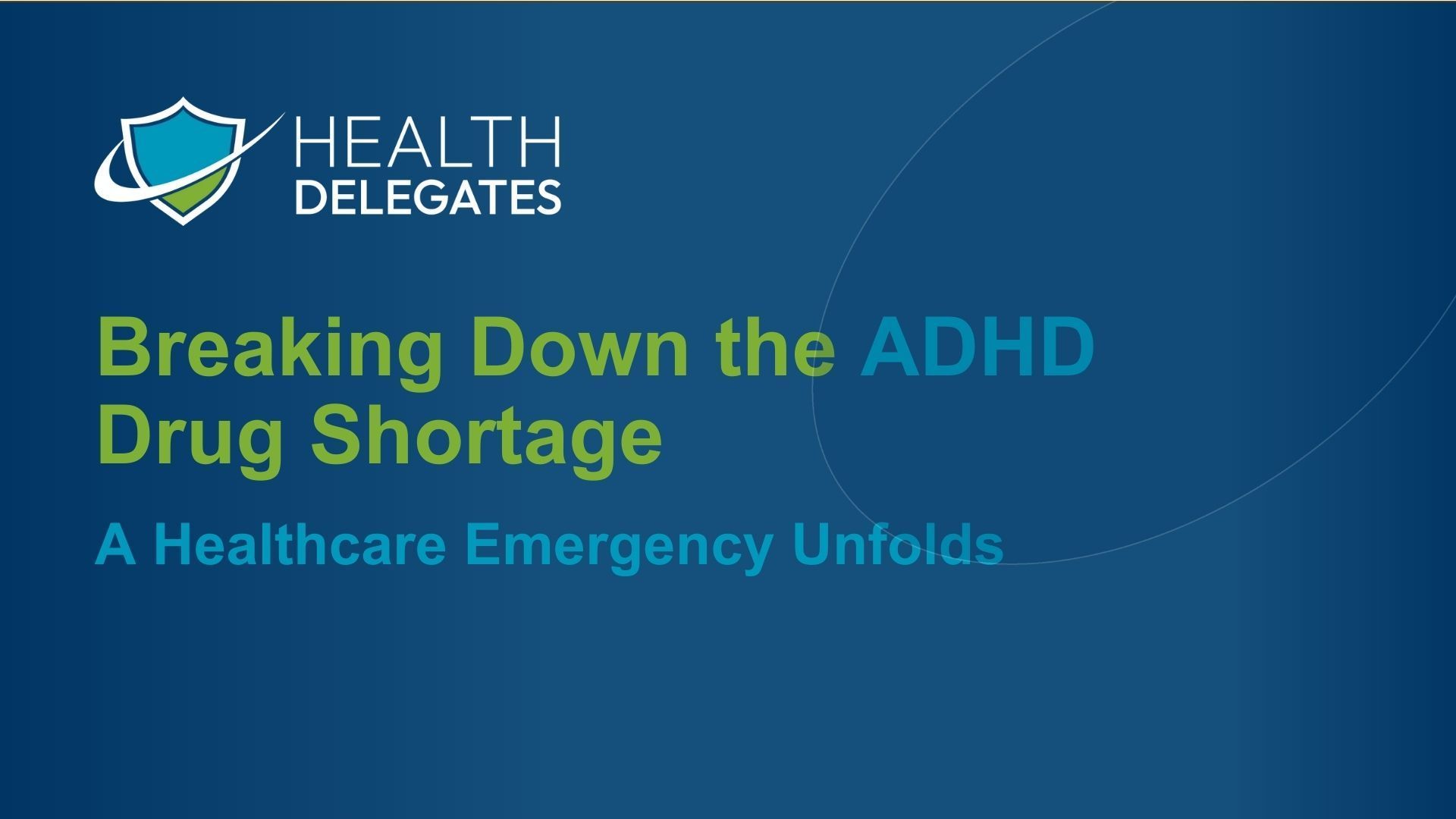
The Growing Crisis of Drug Shortages
The healthcare sector is facing a daunting challenge with the ongoing shortage of ADHD stimulant medications, a situation that has far-reaching implications for millions of individuals. This crisis began over a year ago and has since escalated, deeply affecting those dependent on these medications for managing ADHD and related conditions. The result is a complex and distressing situation where the supply of these crucial medications falls short of the growing needs, leaving patients and their families in a state of uncertainty and hardship. The consequences of this shortage extend beyond mere inconvenience, significantly impacting the daily lives, academic achievements, and mental health of those affected.
Why Are Drug Shortages Increasing?
The increasing shortages of ADHD stimulant medications are driven by a combination of supply chain issues, regulatory constraints, and shifts in healthcare practices. Initially, disruptions in manufacturing, notably at Teva Pharmaceuticals, were a key trigger. The shift in healthcare to telehealth during the COVID-19 pandemic further compounded the problem by making it easier for patients to receive ADHD diagnoses and prescriptions, leading to a surge in demand that the industry struggled to meet.
This crisis is further complicated by regulatory factors, particularly for controlled substances like many ADHD medications. The DEA imposes strict production quotas to prevent misuse, but these can unintentionally restrict the ability to rapidly respond to increased demand. This situation creates a challenging environment for manufacturers, who must balance regulatory compliance with the need to meet rising patient needs.
As a result, the pharmaceutical industry is facing a tough challenge in aligning production with the growing demand for ADHD medications. The interplay of these factors – supply chain disruptions, changes in healthcare delivery, and regulatory limits – has led to a persistent shortage, significantly impacting patients who depend on these medications for their daily lives and mental well-being. This shortage not only affects those directly in need of these drugs but also has broader implications for healthcare systems and patient care strategies.
Stimulant Shortages and Their Widespread Impact
Impact on College and School Environments
The impact of ADHD medication shortages on college and school environments is profound and multifaceted. For college students, these shortages mean grappling with heightened challenges in concentration, time management, and overall academic performance. The inability to access necessary medication can lead to decreased academic efficiency, increased anxiety, and difficulties in managing coursework. In school settings, the ripple effect is noticeable not only in the students who require these medications but also in the classroom dynamics. Teachers face challenges in managing students' attention and behavior, which can disrupt the learning environment for everyone. This situation has a cascading effect, influencing the overall educational experience and outcomes for both the affected students and their peers. The shortages thus represent not just a healthcare issue but a significant educational concern, impacting the academic journey and well-being of countless students.
Mental Health Ramifications
The ADHD medication shortage has significant mental health ramifications for those affected. The unavailability of these essential drugs can lead to increased levels of stress, anxiety, and depression, particularly for individuals who rely on these medications for daily functioning and mental health stability. The uncertainty and difficulty in accessing necessary medication can exacerbate ADHD symptoms, leading to challenges in personal, academic, and professional domains. This can result in a sense of helplessness and a decrease in quality of life. Moreover, untreated or inadequately managed ADHD can increase the risk of secondary mental health issues, such as social isolation and low self-esteem. The mental health impact of this shortage highlights the necessity for timely resolution and underscores the need for alternative support mechanisms during this challenging period.
Economic Implications: Short-Term and Long-Term Costs
The economic implications of the ADHD medication shortage are extensive, impacting both short-term and long-term costs. In the short term, patients and families are facing increased prices for ADHD drugs, a direct consequence of the limited supply. A USA Today article reported a significant rise in the cost of these medications, with some prices nearly doubling since October 2022. This increase places a substantial financial burden on those needing these medications, often forcing them to choose between costly brand-name drugs or going without treatment.
In the long term, the shortage could lead to broader market shifts. As manufacturers adjust to the increased demand and potentially invest in expanding production capabilities, the cost of these drugs could remain high. This scenario suggests that even when the shortage is resolved, the financial impact may continue to be felt by patients and the healthcare system. Additionally, the ongoing struggle to obtain medications can lead to increased healthcare expenses in other areas, such as the management of exacerbated symptoms or the use of alternative treatments.
When Will the ADHD Medication Shortage Be Resolved?
Predicting when the ADHD medication shortage will be resolved is complex and uncertain. Factors such as supply chain stabilization, regulatory adjustments, and increased manufacturing capacity play crucial roles. The FDA and DEA are actively collaborating with manufacturers to address the supply issue, but there is no definitive timeline for resolution. The challenge is compounded by unprecedented demand and the need for regulatory bodies to adjust production quotas in response to this demand. Until these issues are fully addressed, stakeholders, including healthcare providers, patients, and policymakers, must navigate an uncertain landscape, highlighting the need for adaptive strategies and continued advocacy for increased production and streamlined regulatory processes.
Role of Payers, PBMs, and Health Plans in Addressing the ADHD Medication Shortage
Payers, PBMs, and health plans play a pivotal role in supporting their members during the ADHD medication shortage. They can help by actively monitoring the drug supply and keeping members informed about availability. Flexibility in formulary management can allow for the substitution of alternative medications when necessary. Additionally, implementing policies that reduce the administrative burden for prescribers and patients, such as streamlining prior authorization processes, can be beneficial. Collaborating with healthcare providers to develop and disseminate guidelines for alternative therapies and treatment plans is also crucial. Furthermore, they can assist in advocating for regulatory changes to increase drug production and supply. By taking these proactive steps, they can significantly alleviate the challenges faced by individuals affected by the shortage.
Subscribe for Exclusive Industry Insights
Contact Us
We will get back to you as soon as possible.
Please try again later.



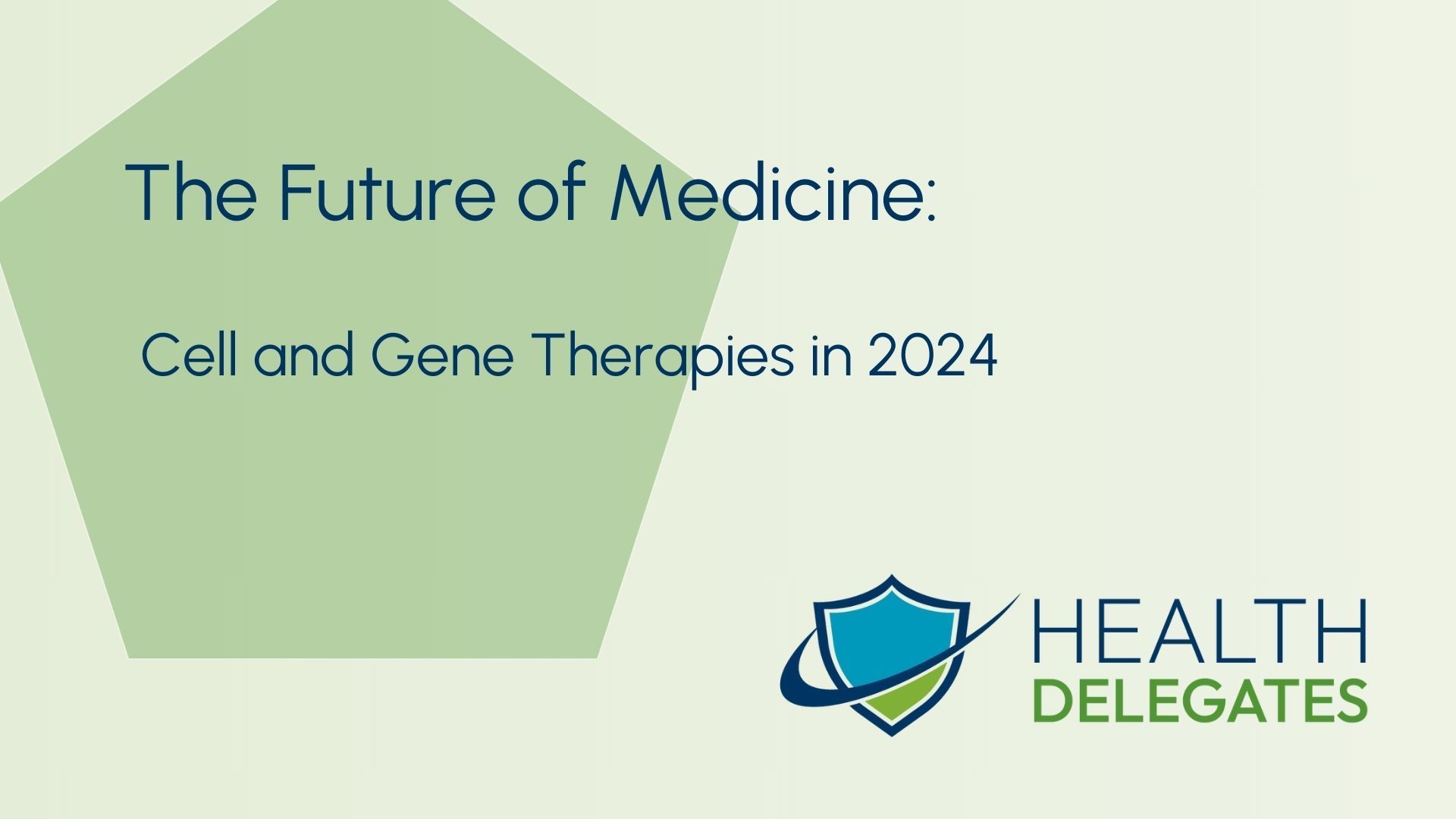
Contact Us
We'll get back to you within 2 business days
Contact Us
We will get back to you as soon as possible.
Please try again later.
© Copyright 2024 | All Rights Reserved | Health Delegates® | Privacy Policy | Terms and Conditions

